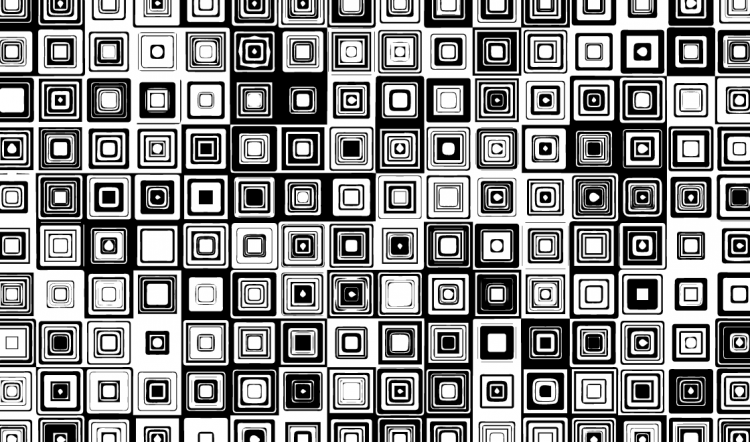Permutations and Possibility Spaces
I have always enjoyed possibility spaces, even those prior to my introduction to roleplaying games. There was one game I recall clearly (though the name evades me) where cards would be dealt to fill in the blank spaces of a narrative. This is prior to the existence of Mad Libs (and prior to learning to read–I was exceedingly young at the time). My brother would explain what each card meant, essentially teaching me to read specific words, and I’d use those words to flesh out the story. I recall it being some sort of cardboard boxed game and it was like Mister [Somebody]’s Day Out. It held mystery because I could not read, yet I long appreciated what it could do.
TSR’s original Dungeon Master’s Guide served much the same purpose. It provided a brilliant section of random tables that allowed for the generation of possibility spaces. Exciting, exciting things. Thieves’ Guild by Chaosium offered up a combination of randomness with suggestive story seeds, a refined interpretation of what we’d been getting in Judges Guild City-State of the Invincible Overlord on a more molecular scale. Harn (from Columbia Games) offered up some pretty slick stuff back in the day, as I do recall. These served my design needs, my thoughts, my imagination.
I can conceive of far more things than I might ever write. I sketch out these concepts. I nurture them. See which one’s have the greatest strengths and potential, and this, of course, always means cutting away the possibilities of other things. I have written campaigns out in various detail, personally before professionally (and back again), and there are always ideas no one ever gets to see (but me). Creating possibility spaces, as we’ve done in tremulus, I find both challenging and invigorating. Creating combinations of questions is but one way to generate such play spaces. As I’ve evolved my design process, I’ve discovered and codified even more ways to create (scalable) frameworks for creating and sharing stories. This evolution of play addresses concerns expressed by some of the fans and observations we’ve made in the (subsequent) developmental cycle.
Our efforts should provide a richer gaming experience than ever before. You’re part of the process. Of course, we provide you everything you need to get going with minimal (nearly non-existent) preparations. You invest your time as you see fit.
What this means is a storytelling system enabling you to not only shape and craft the stories you want to tell, but providing you the means to easily define the mechanics of the system best suited to the tone and timbre of your (and your group’s) intended play style and the style you find best suited not only to the story, but even to individual scenes within the story. You can work on a molecular level most accommodating to all, from the most seasoned gamer to the newest neophyte.
We understand how some people want to design games and/or campaigns from scratch. It’s impossible for anyone to do everything. We’re wanting to make it easier for you to take your ideas from conception to completion using our system.
We’re drifting towards the reveal. We did not reinvent the wheel, but you don’t need roads when the sky’s the limit.
Until next time, I bid you, dear reader, adieu.
